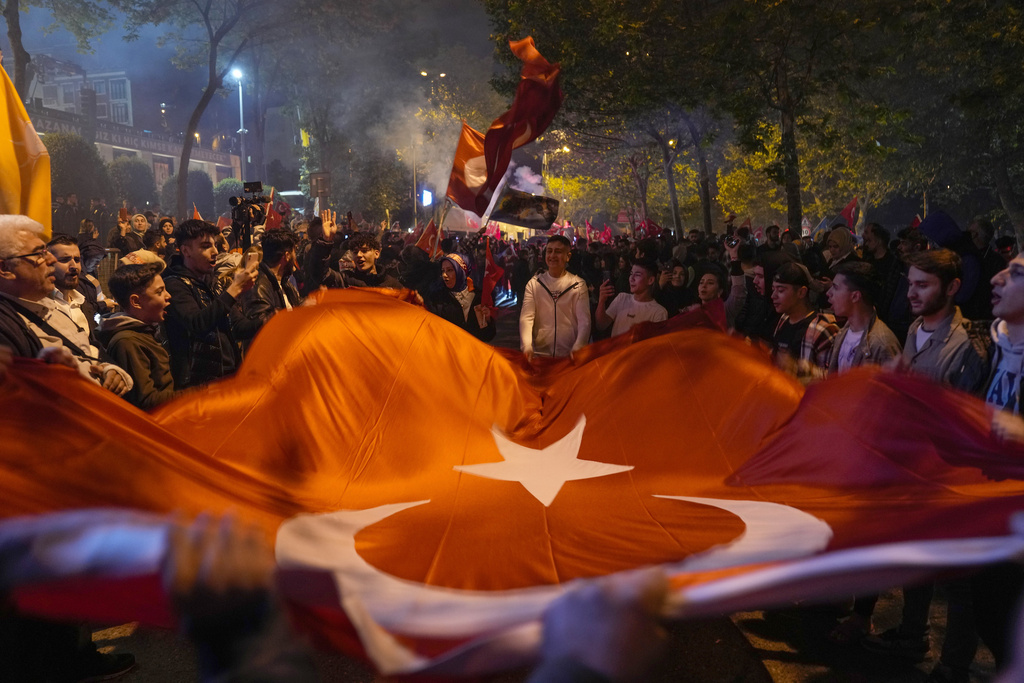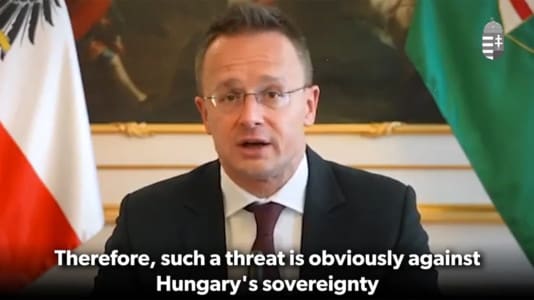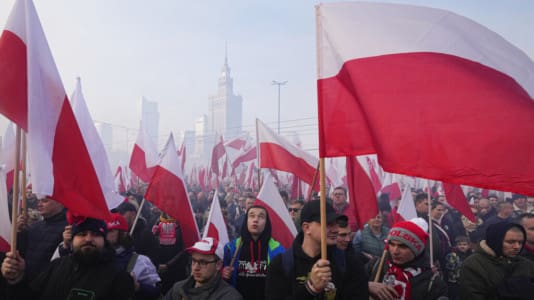Turkey will maintain its current trajectory, as indicated by the outcome of the parliamentary elections, which went largely unnoticed as most observers focused on the presidential contest.
The ruling coalition secured 320 out of 600 seats, with President Recep Tayyip Erdoğan’s AKP (Justice and Development Party) winning 266 seats, and their coalition partner, the nationalist MHP, winning 50 seats.
The ruling People’s Alliance holds a decisive 14-point lead over the opposing National Alliance.
[pp id=76813]
Erdoğan did not win the presidency in the first round, falling short of an absolute majority by 0.6 percent, but he has a 4.5 percent advantage over Kemal Kılıçdaroğlu, as well as the support of nationalist candidate Sinan Oğan, who received 5.2 percent.
The opposition’s defeat in the parliamentary elections favors Erdoğan, who has been in power for two decades: Eleven years as prime minister and nine years as president, and he may now add another five years to his reign.
What does this mean for Poland, Europe and the world?
Poland currently has the best relations in history with Turkey and that will not change. Ankara remembers that, despite resistance from leaders in Germany and France, the late President Lech Kaczyński advocated for Turkey’s inclusion in the EU. However, it was not possible due to the veto from Berlin and Paris.
The main direction of Turkey’s foreign policy will remain the same, although I expect a post-election green light for Sweden’s accession to NATO.





